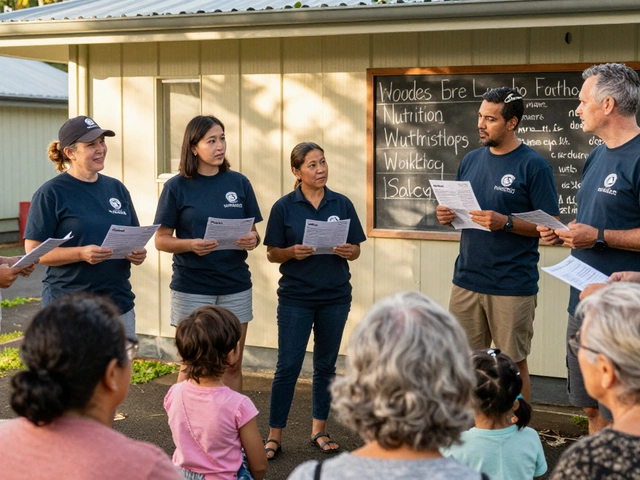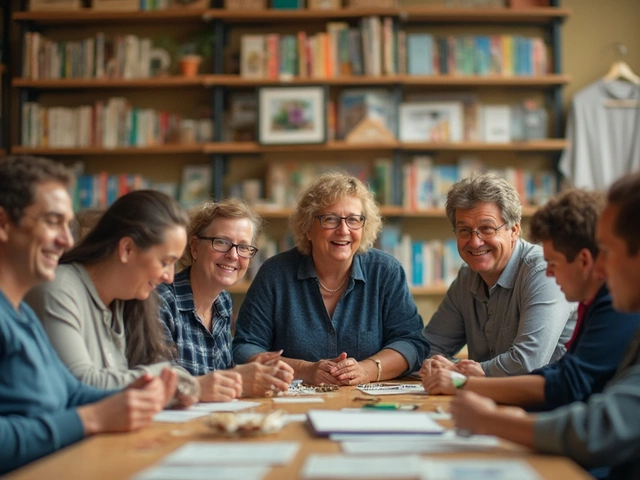Home Safety: Simple Steps to Protect Your Home and Family
Keeping your home safe doesn’t have to be a headache. A few quick checks each week can stop accidents before they start, and you’ll feel calmer knowing you’re prepared.
Everyday Safety Checks
First, test every smoke alarm once a month. If you hear a chirp, replace the battery right away. A working alarm gives you precious minutes to get out if a fire starts.
Next, look at your kitchen. Keep a fire blanket or a small extinguisher near the stove, and never leave cooking food unattended. Grease can ignite in seconds, so a quick response makes all the difference.
Check your electrical cords for fraying or loose plugs. Replace any damaged cords and avoid overloading sockets. Simple habits like plugging one high‑watt device per outlet keep sparks from happening.
For families with kids, store cleaning products and medicines up high or in locked cabinets. A child’s curiosity is natural, but those chemicals are not. Use child‑proof caps on all containers.
Falls are common, especially for older adults. Keep walkways clear, install grab bars in the bathroom, and use non‑slip mats in the shower. Light switches at both ends of hallways help prevent trips in the dark.
Secure your doors and windows with sturdy locks. If you have a garden, trim bushes so they don’t provide hiding spots for intruders. Motion‑sensor lights at entrances are a cheap way to deter unwanted guests.
Community Support and Resources
Holy Family Catholic Church Patchway runs a monthly safety workshop. We bring in fire officers, health nurses, and local police to show real‑life demos. It’s free, family‑friendly, and a good excuse to meet neighbours.
If you need a fire alarm or a first‑aid kit but can’t afford one, let us know. Our charity fund helps families get the basics they need for protection.
We also host a “Neighbourhood Watch” evening twice a year. Volunteers share tips on securing homes, and we set up a phone tree so anyone can alert the group quickly if something looks off.
Don’t forget the emergency kit. Pack bottled water, non‑perishable food, a flashlight, extra batteries, and any prescription medication for at least three days. Store it in a sturdy box that’s easy to grab.
Finally, practice a family escape plan. Choose two meeting points – one outside your house and one a few streets away. Run through the route with kids so they know what to do if the alarm sounds.These small steps add up. By checking alarms, securing entry points, and using community resources, you create a safer environment for everyone at home. If you have questions or need help, drop by the church office or call our safety team. We’re here to make your home a place where peace truly lives.

What to Do When the Elderly Cannot Live Alone: Real Options & Practical Steps
When an elderly loved one can't safely live by themselves, families face tough choices. This article breaks down the main signs it's time to step in, practical care options, and how to handle the emotional side. You'll also find tips for making a safe transition, how to spot when more help is needed, and where to get reliable support. With clear advice and real-life examples, you'll walk away better prepared to make the right decision for your family.
Read More




